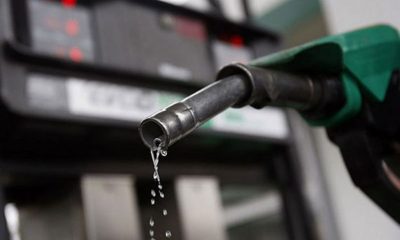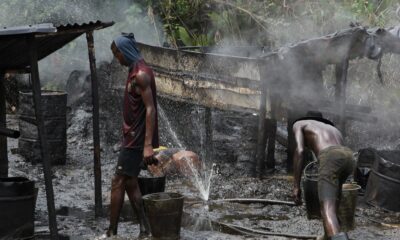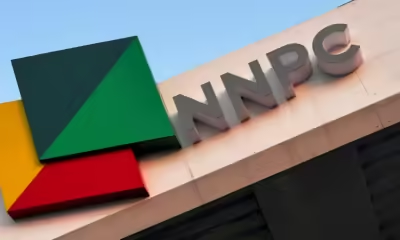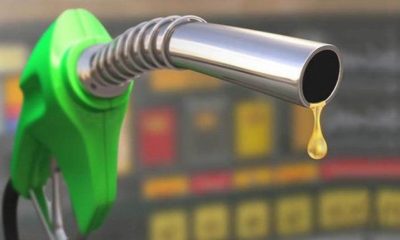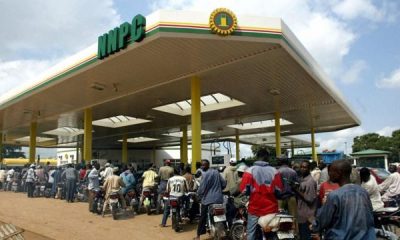NEWS
IPMAN attributes higher petrol prices due to sourcing challenges
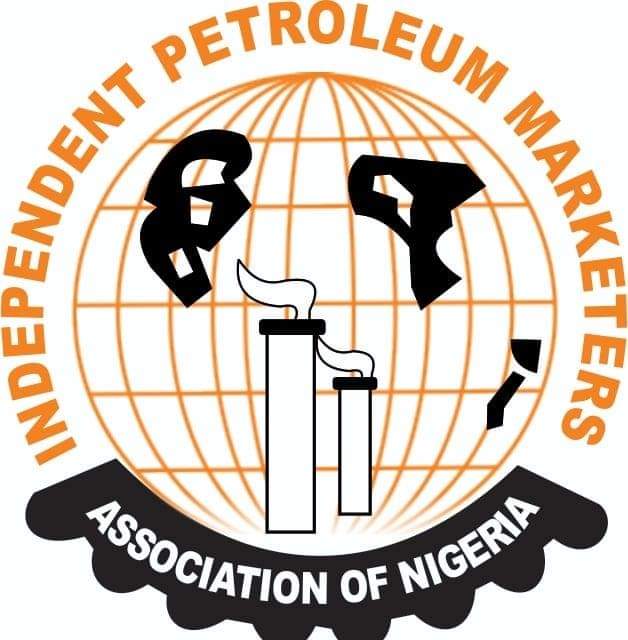
Petrol prices at Independent Petroleum Marketers Association of Nigeria (IPMAN) stations have been a subject of concern lately, with customers noticing higher prices compared to those at stations directly supplied by the Nigerian National Petroleum Corporation (NNPC).
Chinedu Ukadike, the Public Relations Officer of IPMAN, sheds light on why this discrepancy exists.
According to Ukadike, the primary reason for the higher prices is the sourcing of products.
While NNPC-operated stations directly receive supplies from government-owned oil companies at regulated prices, independent marketers like IPMAN members acquire their products from the open market.
Due to technical issues with NNPC Retail’s portal, which has been down for some time, independent marketers have been unable to access products directly from NNPC. This forces them to procure fuel from alternative sources such as tank farm owners, major marketers, and privately owned depots.
Ukadike emphasizes that selling petrol below the ex-depot price (the price at which products are sold by the depot to marketers) is economically unviable for independent marketers.
They have to factor in additional costs such as transportation, wages for workers, and other logistical expenses. These costs contribute to the final pump price.
Maxi Oliver Okolo, the Chairman of IPMAN Aba Depot, further elaborates on the challenges faced by independent marketers.
He highlights that they are loading fuel from privately owned depots at a higher price, around N800 per litre, making it financially impractical to sell below this amount.
Both Ukadike and Okolo stress the urgent need for government intervention to address the situation. They advocate for direct access to NNPC depots for independent marketers, which would enable them to compete effectively in the market and maintain profitability.
Without such intervention, many IPMAN members may be forced to shut down their stations, leading to job losses and further economic strain within the sector.
In summary, the higher petrol prices at IPMAN-operated stations are attributed to the sourcing of products from the open market, technical issues with NNPC Retail’s portal, and additional operational costs incurred by independent marketers.
Addressing these challenges requires government intervention to ensure fair access to fuel supply and support the sustainability of independent petrol stations.

